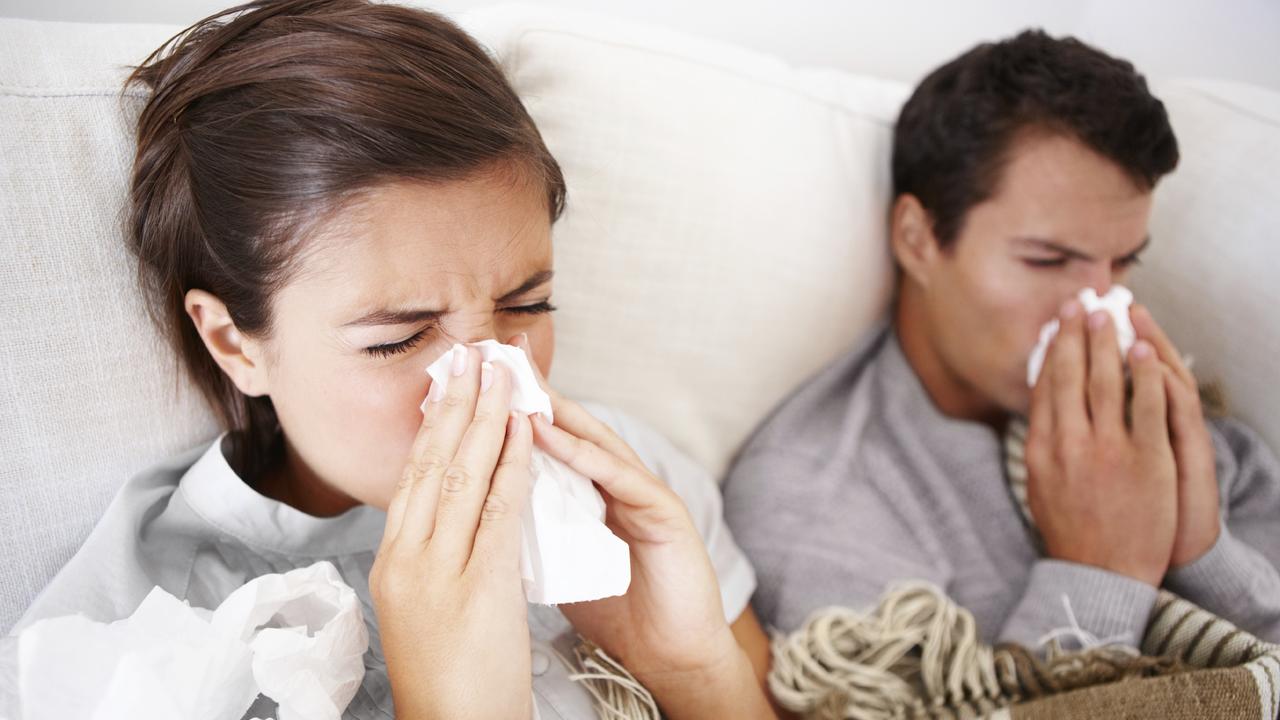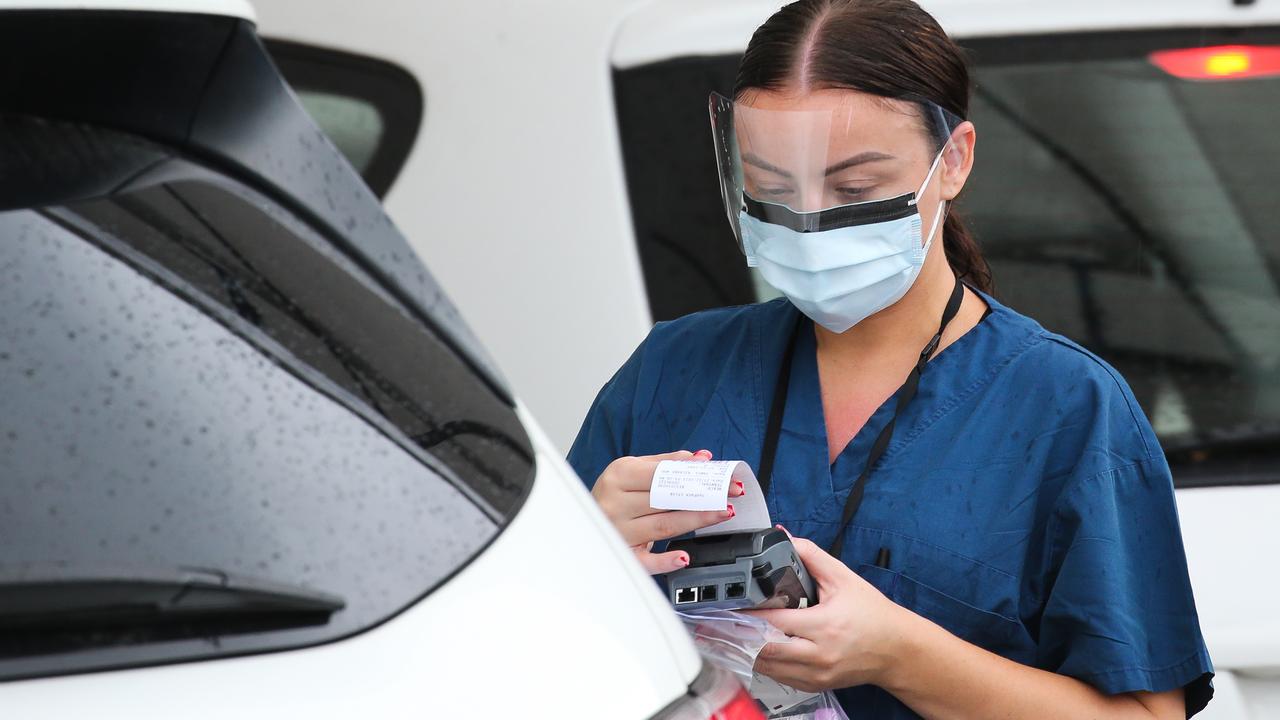What are your chances of catching Covid twice?
As Covid infections rise again, many who got infected over the Christmas holidays may be wondering whether they can get the virus again.

Australia’s summer of Covid may have left many thinking the immunity they developed to the virus would protect them, but as cases in New South Wales surge again — how likely is it that they get reinfected?
Last month Professor John Skerritt, the head of Australia’s Therapeutic Goods Administration (TGA), voiced concerns many Aussies were not getting a third dose of the vaccine, possibly because they had already got Covid.
“The challenge is that Covid reinfections can and do occur,” Prof Skerritt told reporters on February 23.
He said data from the United Kingdom showed at least about one in 24 people who had got Covid would catch it again. Recent data from other countries also confirmed the trend, with the reinfection rate estimated at around one-in-20, to one-in-30.
“The message is you can have your booster shot or your third shot (as we call it) as soon as you recover from Covid,” Prof Skerritt said.
He encouraged people to have the jab within four months of recovering from Covid because any extra immunity they got from being infected would wear off.
“If you’ve had Covid, don’t lull yourself into a false sense of security,” he said.
“That third dose is important. Have it as soon as you recover. Talk to your healthcare professional.”
It’s important to note that many of those reinfected in the UK likely caught previous variants of Covid and then went on to get Omicron.
“What we’re finding with Omicron is that there is a much higher risk of being reinfected when you’ve had previous versions of the virus,” Australia’s chief medical officer Professor Paul Kelly told reporters on January 18.
“Does Omicron protect against other versions of the virus? Possibly. There’s some early, early signs that it protects against Delta, for example,” he said.
“Does Omicron protect against future variants of the virus? We have no way of knowing that until we know what those future variants might hold.”
A recent spike in the number of Covid cases in NSW is being partly blamed on the spread of a sub-strain of the Omicron variant, BA.2, dubbed the “son of Omicron”.
BA.2 tends to spread faster than the original version, and could become dominant in NSW.
News.com.au contacted the Federal Department of Health for statistics on reinfection in Australia but was directed to state agencies instead.

In the UK, reinfections were likely happening in people who had got infected with previous variants like Delta and were then exposed to Omicron.
The journal Nature reported last month the number of people reinfected with Covid began to rise sharply after the emergence of Omicron.
According to data collected by the UK Health Security Agency, more than 650,000 people had probably been infected twice, with most of these infections happening in the preceding two months.
Cases of “possible reinfection” were classed as infections that took place at least three months after the initial infection.
The proportion of reinfections increased from making up around one per cent of Covid cases in the UK prior to mid-November 2021, to around 10 per cent more recently.
Separate research conducted in Qatar and published in The New England Journal of Medicine last month, found previous infection was 90 per cent effective at preventing an infection with the Alpha, Beta or Delta variants, but only 56 per cent effective against Omicron.
The good news is most reinfections emerged about a year after the initial case and protection against severe disease caused by Omicron continued to be high, around 88 per cent.
A senior research fellow at the Kirby Institute’s infection analytics program, Dr Deborah Cromer, told The Guardian that as the pandemic continued, it wouldn’t be “particularly unlikely” to be reinfected.
“You’re less likely to get the same variant again, but you’re certainly not completely protected,” she said. “Nevertheless, we would expect it to be less severe. Protection will grow, like what we see with the flu now.”






